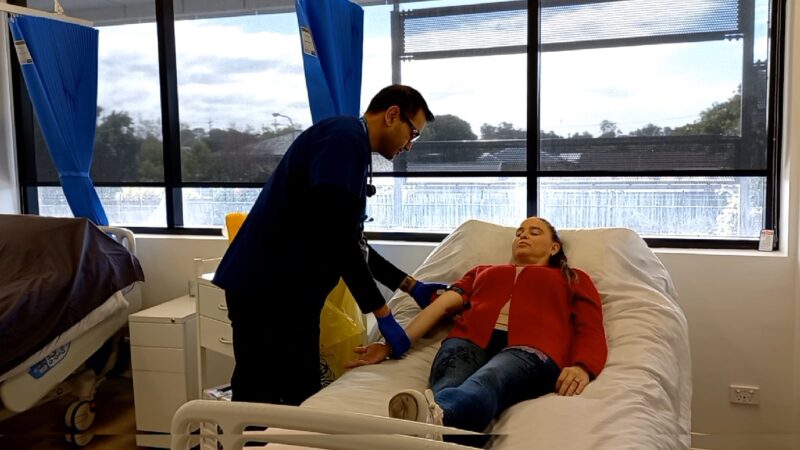GENETICS OF THE CHOROID AND IMPACT ON EYE HEALTH
Dr Samantha Lee,
Senior Research Fellow
Lions Eye Institute &
The University of Western Australia,
Perth, Western Australia
RESEARCHER PROFILE
Filmed in Perth, Australia | September 2025
Dr Samantha Lee is a Senior Research Fellow at Lions Eye Institute and the University of Western Australia. Dr Lee obtained her PhD in 2017 and the Queensland University of Technology and has since been working on the genetics and environmental causes of various eye diseases, with a focus on glaucoma and myopia. She has published 57 full-length scientific papers and her work has been cited over 1,000 times. She serves on the Editorial Board for the journal BMC Ophthalmology and Scientific Reports, and on the Research Advisory Committee for the Ophthalmic Research Institute of Australia.
Dr Lee’s research is being supported by the Western Australia Future Health Research and Innovation Fund (2024–27), Medical Research Future Fund (2025–27), Perth Eye Foundation (2024), and the Lions Eye Institute Strategic Funding (2024).
Source: Supplied
You Might also like
-
Radiation therapy techniques and combination treatments for sarcoma
Professor Angela Hong MBBS, MMed, PhD, FRANZCR is a Professor at Sydney Medical School of the University of Sydney. She is a radiation oncologist and has been a member of the Multidisciplinary Bone and Soft Tissue Tumour Clinic at Royal Prince Alfred Hospital/Chris O’Brien Lifehouse for the past 15 years.
As a radiation oncologist located in Sydney, Australia, Professor Hong is focused on treating patients with bone and soft tissue sarcoma. And as a clinician scientist, her research focuses on developing innovative radiation therapy technique and combination treatments to improve the outcome for patients with sarcoma.
-
Dr Nischal Sahai
RESEARCH IN BRAIN COMPUTER INTERFACE
@ SYNCHRON
MELBOURNE, VICTORIA, AUSTRALIA -
Understanding the experience of pain for novel brain-based treatments
Associate Professor Tasha Stanton leads the Persistent Pain Research Group at SAHMRI. She is also co-Director of IIMPACT in Health at the University of South Australia, Adelaide. She is a clinical pain neuroscientist, with original training as a physiotherapist, and her research focusses on pain – why do we have it and why doesn’t it go away?



